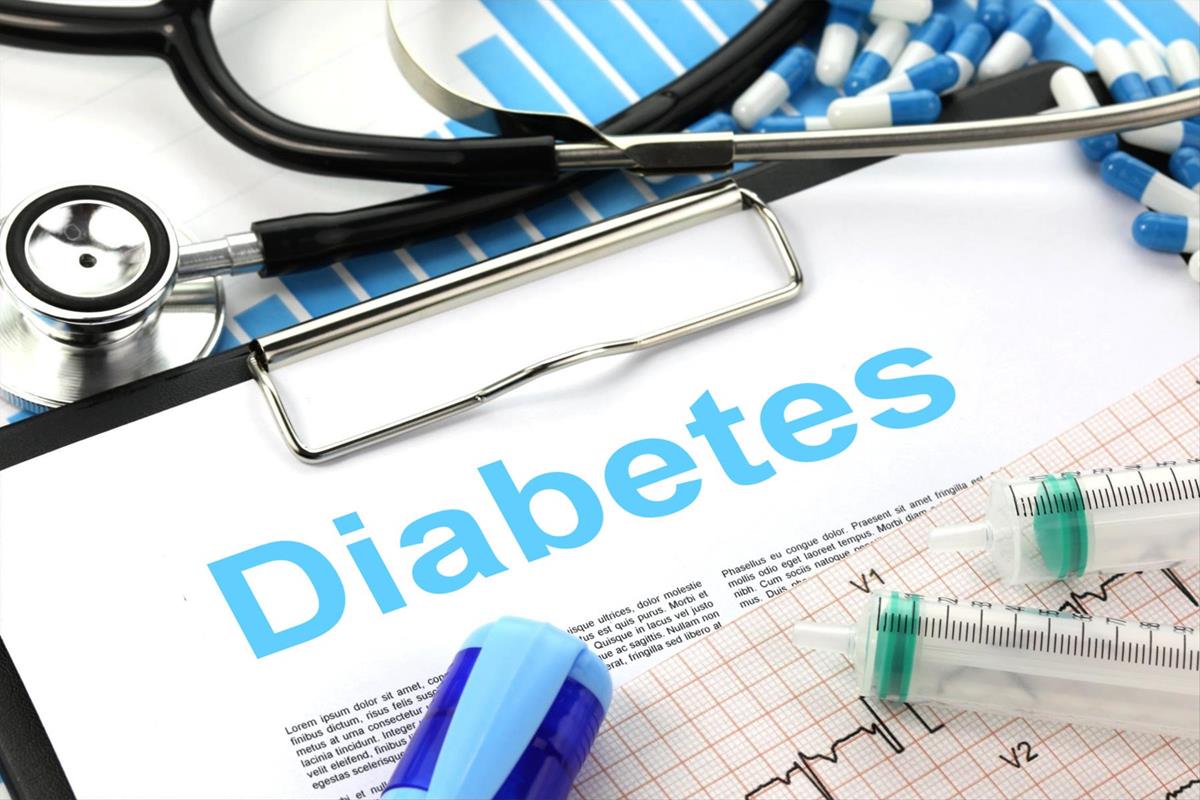Sugar Intake, Insulin Level, and Diabetes Type 2
Sugar Intake, Insulin Levels, and Diabetes Type 2
Key Takeaways:
- Excessive sugar intake can result in insulin resistance and disrupt glucose control.
- Managing sugar intake is vital to maintain healthy insulin levels and prevent insulin resistance.
- Diabetes type 2 is characterized by elevated blood sugar levels due to insulin resistance or inadequate insulin production.
- Reducing sugar intake can decrease the risk of developing type 2 diabetes and enhance overall blood sugar control.
- Adopting a balanced diet, engaging in regular exercise, and monitoring blood sugar levels are crucial strategies for managing sugar intake and insulin levels.
The Impact of Excessive Sugar Intake on the Body
Excessive sugar intake can have detrimental effects on overall health. Studies have highlighted a strong connection between high sugar consumption and conditions such as obesity, heart disease, kidney disease, amputations, and vision loss. The adverse effects of sugar on the body are significant, underscoring the importance of being mindful of sugar intake and making healthier choices.
“Excessive sugar intake is a leading cause of obesity, heart disease, kidney disease, amputations, and vision loss. It is crucial to be mindful of your sugar consumption and make healthier choices to protect your overall health and well-being.” – Dr. Smith, endocrinologist.
In conclusion, the repercussions of excessive sugar intake on the body are significant and cannot be ignored. Being aware of the health risks linked to high sugar consumption and taking steps to reduce it can safeguard overall health and lower the risk of developing chronic conditions.
| Health Risks of Excessive Sugar Intake | Prevention Strategies |
|---|---|
| Obesity | Reduce consumption of sugary beverages and snacks. Opt for healthier options like water, unsweetened tea, and fruits. |
| Heart Disease | Limit intake of processed foods with added sugars. Choose whole, unprocessed foods that are naturally sweetened. |
| Kidney Disease | Avoid excessive consumption of high-sugar foods and drinks. Opt for water and unsweetened beverages to protect kidney health. |
| Amputations | Maintain a healthy weight and blood sugar levels through a balanced diet and regular physical activity. |
| Vision Loss | Consume a diet rich in antioxidants, vitamins, and minerals to support eye health. Limit sugary foods and drinks that may contribute to vision problems. |
The Relationship Between Sugar Intake and Insulin Levels
Sugar intake can significantly influence insulin levels in the body. Consuming high amounts of sugar can lead to a condition called insulin resistance. Insulin is a hormone produced by the pancreas that aids in regulating blood sugar levels. However, with excessive sugar consumption over time, the body’s cells can become less sensitive to insulin’s effects. This results in decreased responsiveness to insulin, making it challenging for glucose to enter cells and causing blood sugar levels to elevate.
To effectively manage insulin levels, controlling sugar intake is essential. By reducing the consumption of sugary foods and drinks, one can help prevent insulin resistance and maintain healthy blood sugar levels. Opting for whole foods low in added sugars, such as fruits, vegetables, lean proteins, and whole grains, can provide essential nutrients without causing blood sugar spikes.
Additionally, incorporating regular physical activity into daily routines can aid in managing insulin levels. Exercise boosts insulin sensitivity, enabling cells to utilize glucose more effectively. Aim for at least 150 minutes of moderate-intensity aerobic activity weekly, complemented by strength training exercises to maintain a healthy weight and enhance insulin control.
| Benefits of Sugar Control | Risks of Insulin Resistance |
|---|---|
|
|
Understanding Diabetes Type 2
Diabetes type 2 is a condition characterized by elevated blood sugar levels due to insulin resistance or insufficient insulin production. It’s crucial to grasp the causes, risk factors, symptoms, and potential complications associated with type 2 diabetes.
The primary causes of type 2 diabetes encompass a blend of genetic and lifestyle factors. A family history can influence it, along with excess body fat, particularly abdominal fat, and sedentary lifestyle choices. Additionally, age, ethnicity, and certain medical conditions like polycystic ovary syndrome (PCOS) can heighten the risk of developing type 2 diabetes.
Symptoms of type 2 diabetes may include increased thirst, frequent urination, unexplained weight loss, fatigue, blurred vision, and slow wound healing. If left untreated, elevated blood sugar levels can lead to severe complications, such as heart disease, stroke, kidney damage, nerve damage, and vision loss.
| Diabetes Type 2 Overview | Prevention and Management Strategies |
|---|---|
|
|
In summary, understanding the relationship between sugar intake, insulin levels, and diabetes type 2 is crucial for fostering optimal health. By being mindful of sugar consumption, promoting insulin control, and adopting a proactive approach to type 2 diabetes prevention and management, individuals can safeguard their well-being and enjoy a high quality of life.

